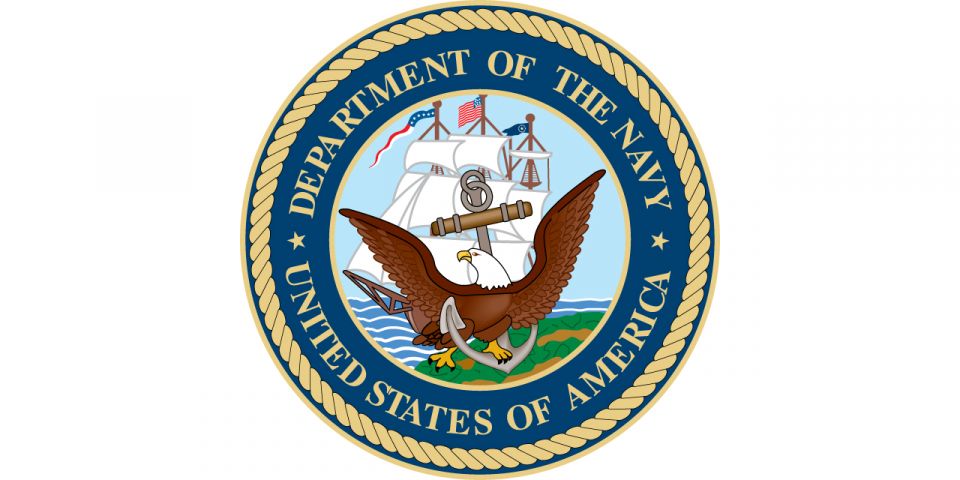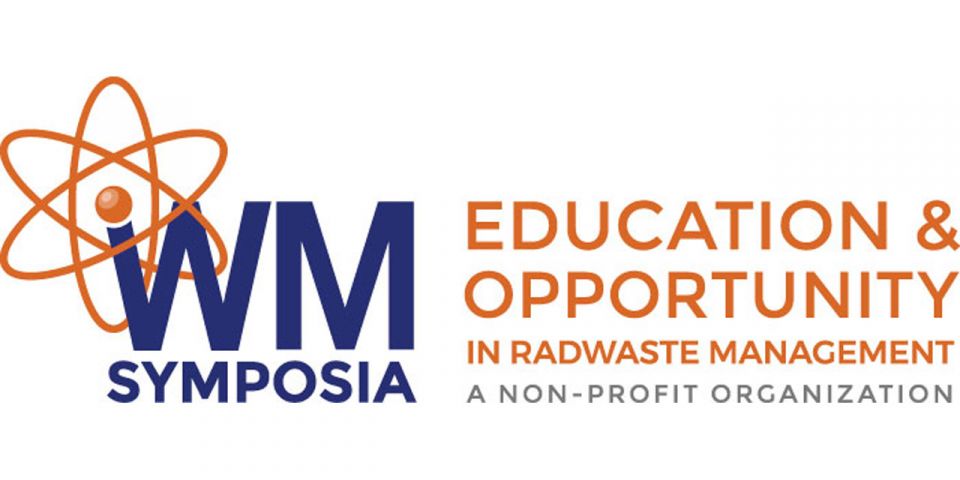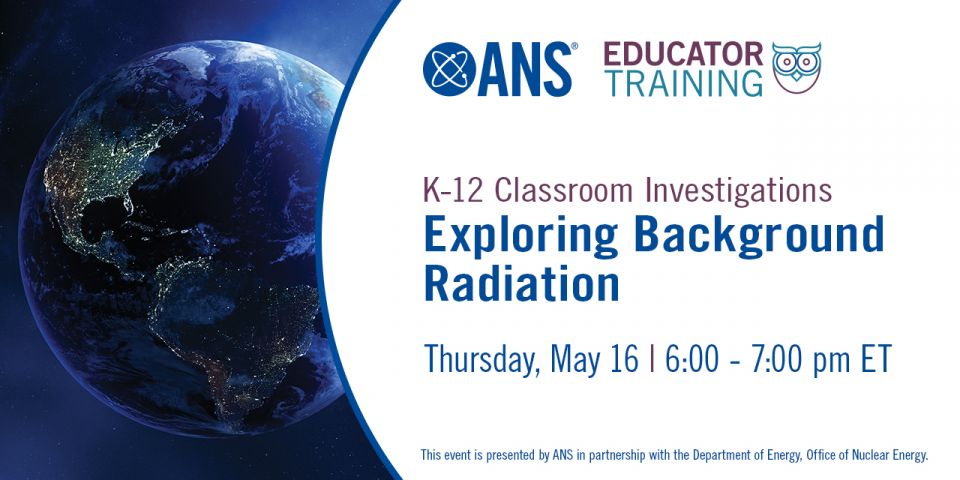I believe much of the credit for this continued success can be found in the enduring U.S. commitment to freedom of academic inquiry. As Vannevar Bush stated in his seminal 1945 report Science, the Endless Frontier: “Publicly and privately supported colleges, universities, and research institutes are the centers of basic research. They are the wellsprings of knowledge and understanding. As long as they are vigorous and healthy and their scientists are free to pursue the truth wherever it may lead, there will be a flow of new scientific knowledge to those who can apply it to practical problems in government, in industry, or elsewhere.”
Of course, the U.S. Navy’s nuclear propulsion program and the work of our national laboratories have also made fundamental contributions to the harnessing of the atom for peaceful purposes. But without the role of universities, it is hard to imagine nuclear technology making the contributions to human flourishing that it does today.
The use of nuclear technology in the civilian sphere requires significant public trust—in our regulatory entities, our commercial sector, and our workforce. Yet we find ourselves in a very different place today than in 1945. America is arguably more divided than at any time since the Civil War, and the public’s trust of institutions, both government and private alike, is at a historic low.
We need our university-based nuclear education enterprise more than ever, and not just to prepare a new, more diverse generation of scientists and engineers for the decades ahead or for developing advanced technological solutions to address our energy and environmental challenges. No, today university programs have an added obligation as well: to communicate and contextualize nuclear technology and its attendant risks and benefits to skeptical stakeholders, free from the bias of electoral politics and quarterly profits.—Craig Piercy, Executive Director/CEO








